
In the realm of modern manufacturing, achieving precision in CNC machining prototyping is paramount for optimizing production rates and ensuring product quality. As industries become increasingly competitive, the ability to deliver high-fidelity prototypes rapidly can set a company apart from its rivals. CNC machining, known for its accuracy and repeatability, plays a crucial role in transforming design concepts into tangible items. In this article, we will explore effective strategies and best practices that can enhance precision within the CNC machining prototyping process. By focusing on the integration of advanced technologies, meticulous material selection, and innovative programming techniques, manufacturers can elevate their prototyping capabilities, ultimately leading to improved production workflows and reduced lead times. This synthesis of digital advancements and proven methodologies not only streamlines operations but also paves the way for higher-quality outputs that meet the exacting standards of today’s market.
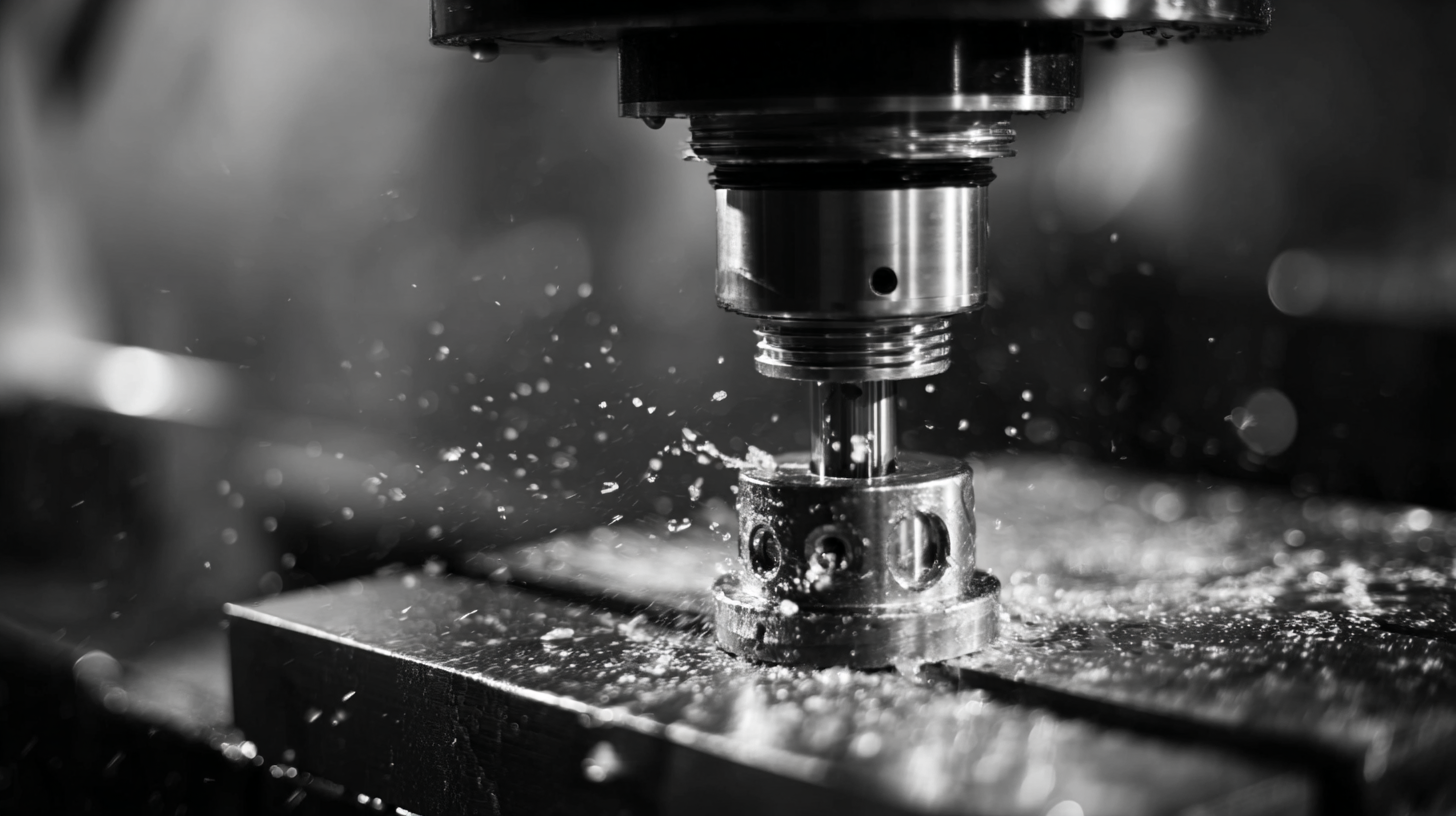
Precision in CNC machining prototyping is crucial for several reasons that directly impact the efficiency and quality of production processes. First and foremost, high precision in the prototype stage ensures that the final products adhere closely to the specified tolerances and dimensions. This accuracy not only reduces the need for rework or adjustments in later stages of production but also minimizes material waste, contributing to a more sustainable manufacturing process.
Moreover, achieving precision in prototyping fosters greater confidence in the design and manufacturing workflow. When prototypes are created with meticulous attention to detail, they serve as reliable references for mass production. This leads to smoother transitions from prototype to full-scale manufacturing, significantly enhancing production rates. Additionally, precision in CNC machining allows for better performance and functionality of the final products, ensuring they meet customer expectations and industry standards. Overall, the importance of precision in CNC machining prototyping cannot be overstated, as it lays the foundation for successful and efficient production.
| Parameter | Value | Unit | Importance |
|---|---|---|---|
| Dimensional Tolerance | 0.005 | inches | Critical for fit and assembly |
| Surface Finish | Ra 0.8 | µm | Influences friction and wear |
| Machining Speed | 120 | IPM | Affects production rate |
| Tool Wear | 0.01 | inches | Impacts accuracy of cuts |
| Material Removal Rate | 30 | in³/min | Determines efficiency |
| Set-Up Time | 15 | minutes | Affects overall production timeline |
Achieving precision in CNC machining prototyping is essential for ensuring optimal production rates. The accuracy of CNC machining is influenced by several key factors, including machine calibration, tool selection, material properties, and cutting parameters. According to a report from the International Journal of Advanced Manufacturing Technology, machining tolerances of ±0.005 mm are achievable through proper calibration and tool maintenance. By ensuring that the CNC machines are regularly calibrated, manufacturers can significantly reduce errors and enhance production consistency.
**Tips:** Regularly inspect and maintain machinery to prevent wear and tear, which can lead to inaccuracies. Implementing a robust Quality Control (QC) system that includes periodic checks can also help in identifying deviations early in the production process.
The choice of materials directly affects machining accuracy. Each material has unique properties that influence how it responds to cutting processes. For instance, softer metals may require different tooling than harder alloys. A recent study by the Society of Manufacturing Engineers emphasized that selecting the right cutting speed and feed rate for the specific material can increase machining efficiency by as much as 20%.
**Tips:** Utilize simulation software to predict machining outcomes based on material properties and adjust parameters accordingly. This can minimize trial-and-error, saving both time and costs during prototyping.
In the realm of CNC (Computer Numerical Control) machining, achieving precision in prototyping is crucial for optimizing production rates. A key aspect lies in the utilization of advanced technologies and tools specifically designed to enhance the accuracy of CNC processes. Precision machining begins with high-quality CNC machines that perform with exceptional tolerances. The integration of closed-loop feedback systems can significantly improve the precision of operations by continuously monitoring and adjusting the machine's parameters during the machining process.
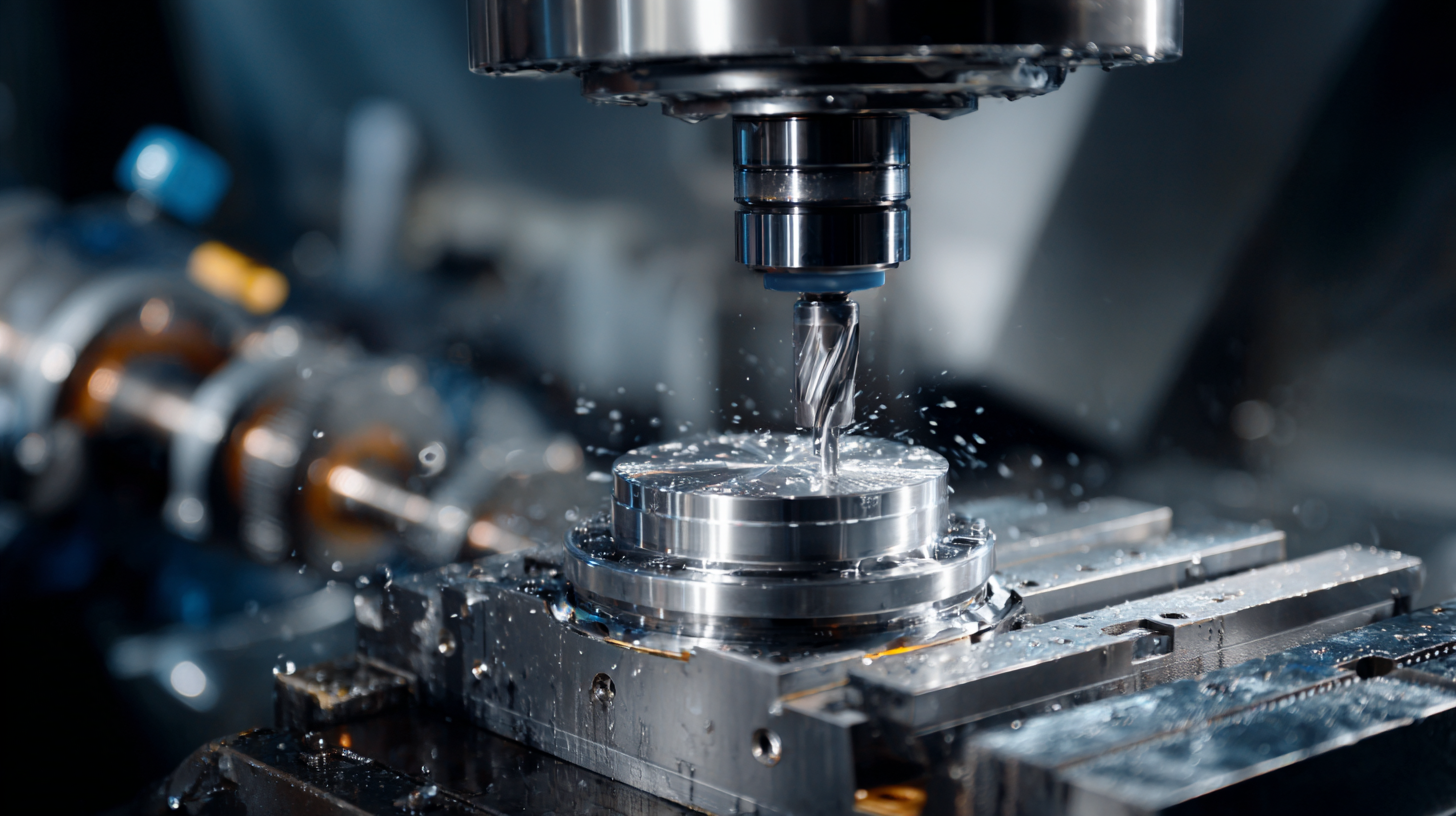
Furthermore, incorporating sophisticated software solutions, such as CAD/CAM programs, allows for more detailed design inputs and efficient toolpath generation. These tools help in simulating machining processes, which can identify potential issues before production begins. Additionally, the use of modern cutting tools, including carbide and ceramic materials, can lead to finer finishes and enhanced durability, thus reducing wear and maintaining precise dimensions throughout long production runs. Collectively, these advancements empower manufacturers to achieve superior precision in CNC machining, driving optimal production rates and reducing waste in the prototyping phase.
CNC machining has become increasingly crucial in achieving precision during prototyping, which directly impacts production rates. As industries face challenges stemming from global events and the push towards digital transformation, leveraging best practices in CNC machining can significantly enhance efficiency. According to a recent report by the International Federation of Robotics, the use of automation in manufacturing has improved production rates by over 20% while maintaining high precision levels.
To optimize production rates, it is vital to focus on the following tips:
- **Invest in Advanced Technology**: Implementing CNC machines equipped with the latest software and automation features can streamline processes and minimize downtime. Regular updates and maintenance ensure the machines operate at peak performance.
- **Enhance Workflow Processes**: Mapping and refining workflows can identify bottlenecks. Utilizing digital twin technologies can simulate production environments to test different scenarios without affecting actual operations, ultimately leading to smoother production flows.
By adopting these practices, manufacturers can navigate the evolving landscape of the production market while aligning with the digital transformation trends that promise to reshape the future of CNC machining.
In the realm of CNC machining prototyping, precision is not just an asset; it's a necessity that directly affects production rates and overall efficiency. A recent report from the International Journal of Advanced Manufacturing Technology revealed that companies optimizing their CNC prototyping processes saw a reduction in production time by up to 30%. This improvement is often attributed to the implementation of advanced predictive maintenance technologies that enhance the reliability and accuracy of machining equipment.
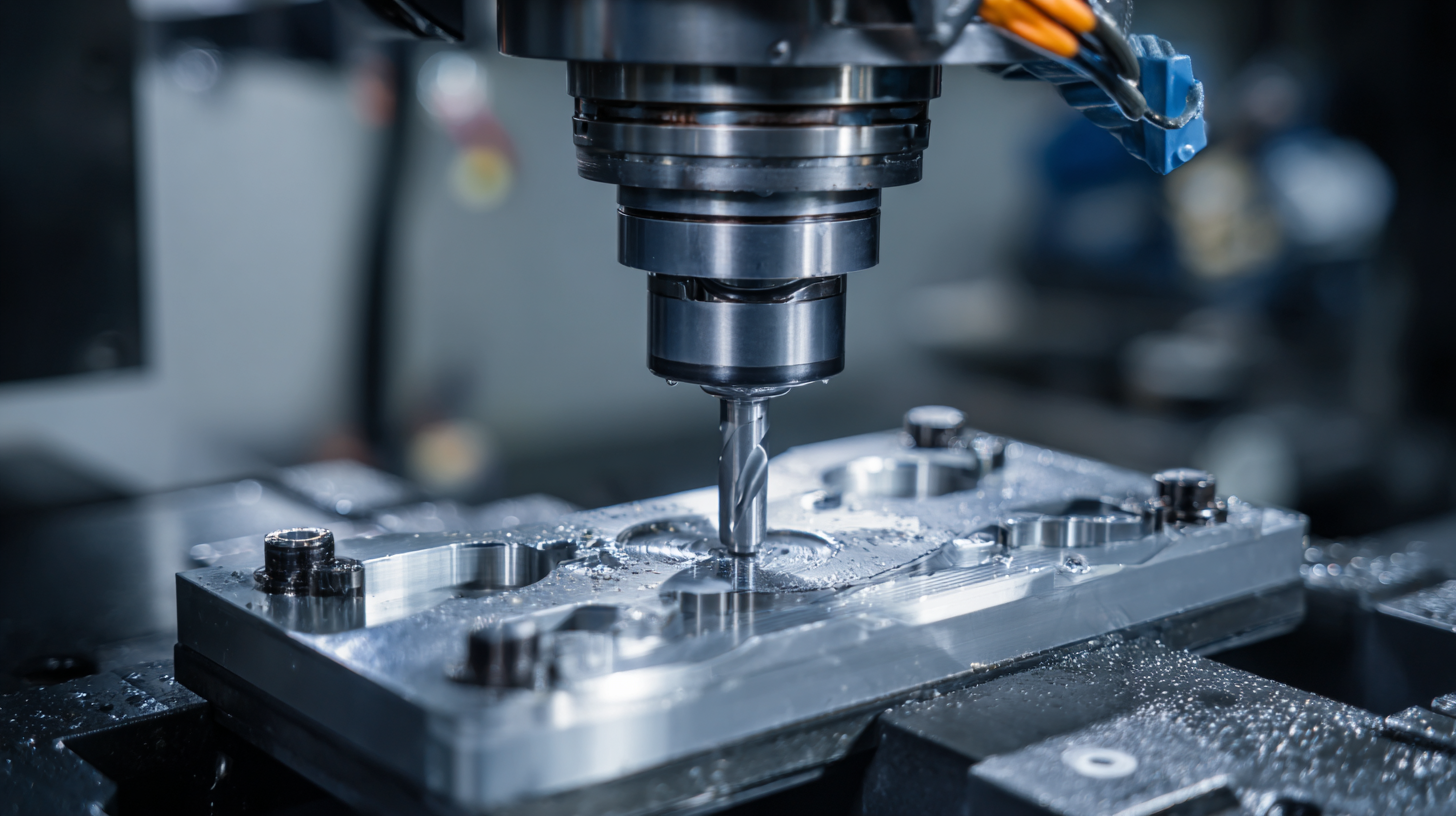
Case studies from leading manufacturers illustrate the dramatic impact of precision improvements in CNC prototyping. For instance, a case involving a prominent aerospace component manufacturer highlighted how integrating advanced CNC controls and tooling adjustments led to a significant decrease in part variation, improving first-pass yield rates by 25%. Such enhancements not only streamline production but also reduce waste and lower costs associated with rework. Furthermore, the precision attained in these prototypes enables faster iterations in product development, facilitating a quicker route to market for innovative designs.
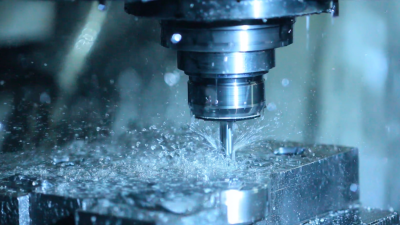

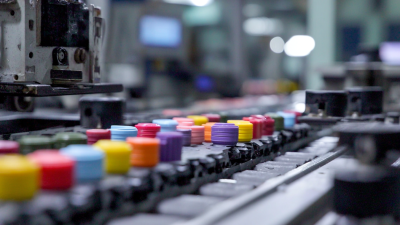

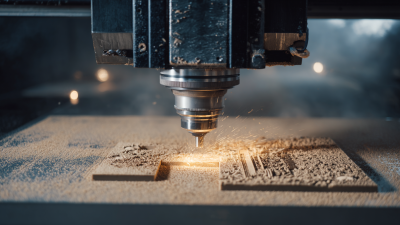

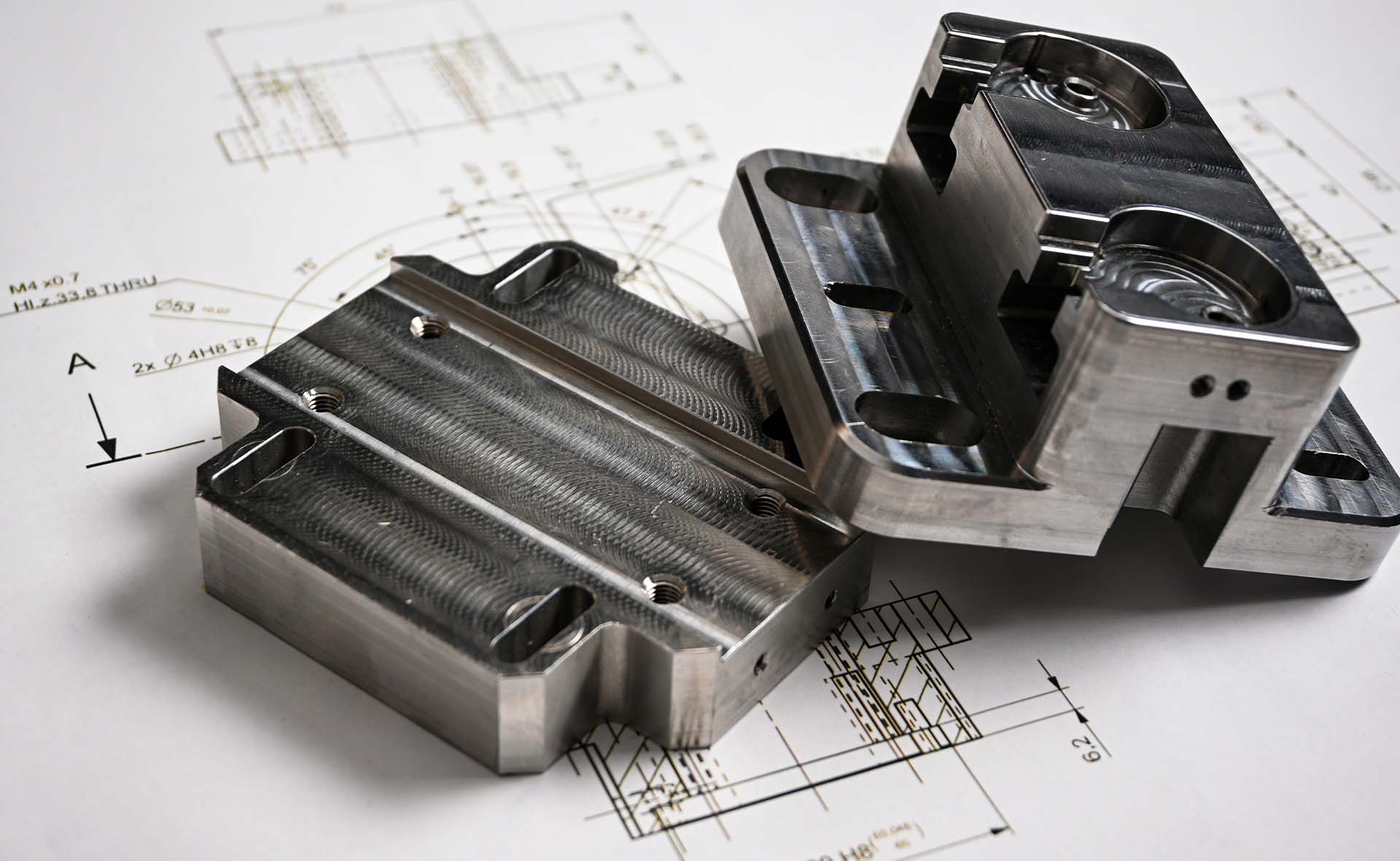
| Cookie | Duration | Description |
|---|---|---|
| cookielawinfo-checkbox-analytics | 11 months | This cookie is set by GDPR Cookie Consent plugin. The cookie is used to store the user consent for the cookies in the category "Analytics". |
| cookielawinfo-checkbox-functional | 11 months | The cookie is set by GDPR cookie consent to record the user consent for the cookies in the category "Functional". |
| cookielawinfo-checkbox-necessary | 11 months | This cookie is set by GDPR Cookie Consent plugin. The cookies is used to store the user consent for the cookies in the category "Necessary". |
| cookielawinfo-checkbox-others | 11 months | This cookie is set by GDPR Cookie Consent plugin. The cookie is used to store the user consent for the cookies in the category "Other. |
| cookielawinfo-checkbox-performance | 11 months | This cookie is set by GDPR Cookie Consent plugin. The cookie is used to store the user consent for the cookies in the category "Performance". |
| viewed_cookie_policy | 11 months | The cookie is set by the GDPR Cookie Consent plugin and is used to store whether or not user has consented to the use of cookies. It does not store any personal data. |

